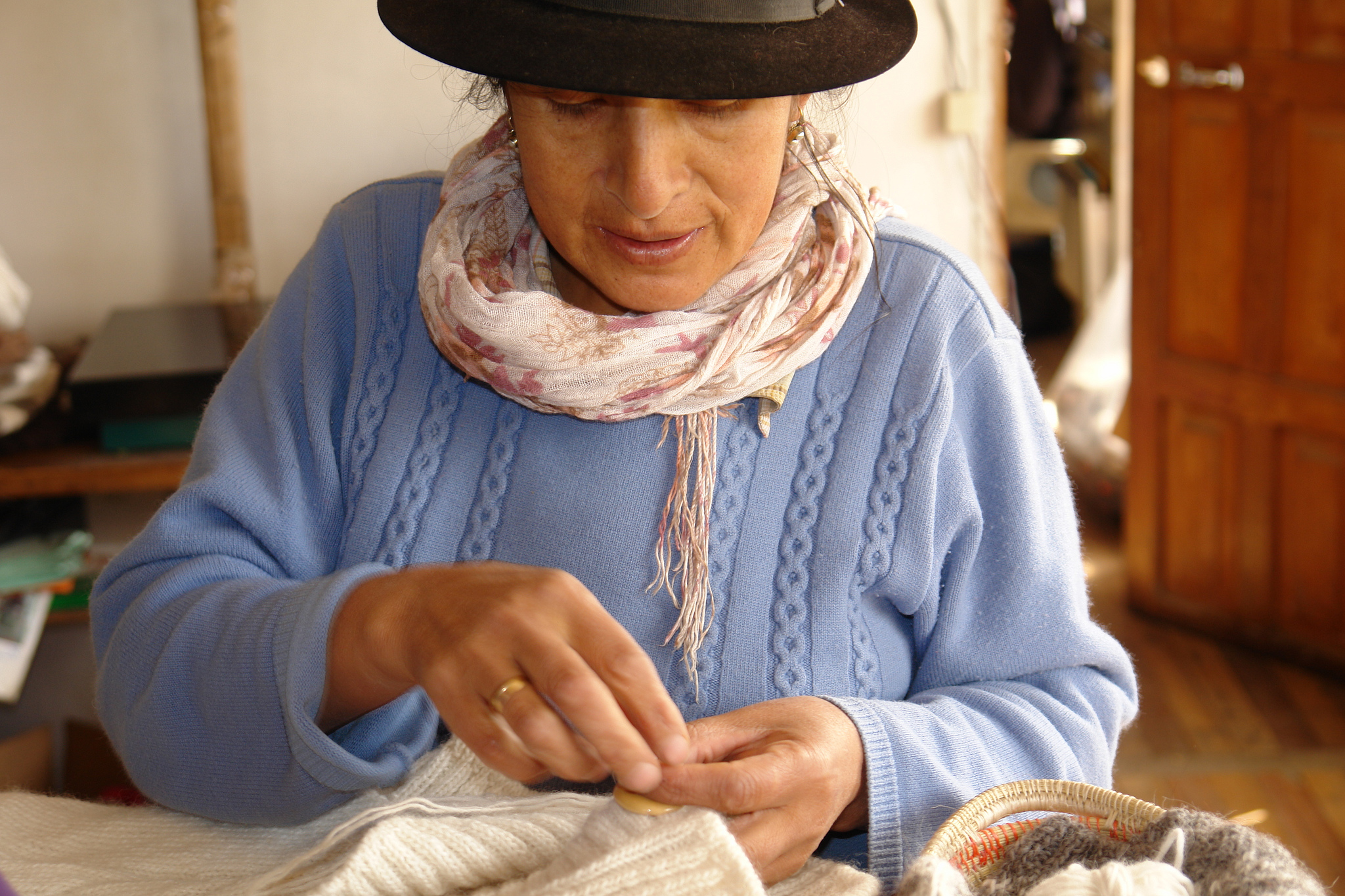When a business promotes its diversity and inclusion initiatives, we must not stop there in assessing whether that business is ethical or not. In other words, if people from diverse backgrounds are included into jobs with poor working conditions, this is not a form of improvement at all.
We must aim for workforce equity and justice, because this offers the opportunity for ALL people to be treated fairly.
Social entrepreneurship and impact investment stand out as opportunities to improve the lives of people who continue to experience insatiable extraction of their natural resources in their home communities, who do not receive fair compensation for their work, and who are simply not able to move beyond thinking about survival.
In an essay by Dafina-Lazarus Stewart about how to cultivate equity in education, I found that the same call to action applies to the world of work if we too want systemic solutions.
“Diversity asks, “Who’s in the room?” Equity responds: “Who is trying to get in the room but can’t? Whose presence in the room is under constant threat of erasure?”
Inclusion asks, “Have everyone’s ideas been heard?” Justice responds, “Whose ideas won’t be taken as seriously because they aren’t in the majority?”
Diversity asks, “How many more of [pick any minoritized identity] group do we have this year than last?” Equity responds, “What conditions have we created that maintain certain groups as the perpetual majority here?”
Inclusion asks, “Is this environment safe for everyone to feel like they belong?” Justice challenges, “Whose safety is being sacrificed and minimized to allow others to be comfortable maintaining dehumanizing views?””
NESsT supports social enterprises that bring technological innovations to rural communities in places like the Andes and in the Amazon, so they can access higher incomes while also protecting the natural resources and environments where they live. NESsT also supports the entry of individuals facing the greatest barriers to work into long-term careers in high-growth industries.
In both circumstances, there's the potential for the businesses working with natural resource extraction or for businesses supporting job creation to maintain the status quo of unethical business practices that may already exist.
As NESsT continues its work to help 50,000 individuals access employment in the next five years, we've been adamant about working in areas and with people that have consistently been the targets of multiple aggressions as a result of their race, gender, class, sexual orientation, etc.
As NESsT works with social enterprises and business that offer dignified employment, we want to ensure that these truly offer improvements in the life of the people that need it most.
Dignified Employment Metrics
How does one measure the dignity of a job? We identified metrics that we would track in the first iteration of our survey:
By sifting through the data to benchmark against minimum wage and poverty level, we are starting to capture a very clear picture of our portfolio and their beneficiaries.
We learned that employees of our social enterprises were earning up to 256% of minimum wage in their countries, and that overall household incomes ranged from 98-580% of the poverty line, depending on the country. However, we are concerned that the data shows that some of our supplier models are contributing a smaller percent of household income than we had expected, and we want to understand why.
By measuring these metrics, NESsT is readily analyzing the impact of our investments. Through this process, we've identified enterprises that are not able to provide a higher-standard of employment and even gone on to exit them.
What you and I can do
As the impact investing community endeavors to strengthen businesses that value transparency and fairness, we, as consumers and fellow humans, can become involved in this process.
- In your own workplace, bring up questions not about a diversity and inclusion, but about equity and justice
- Support business that are transparent and ethical about their workplace culture, values, and environmental standards
- Become a venture philanthropist. Consider how a donation to a social enterprise might further poverty alleviation solutions by creating long-term career development and value
Until each and every person in our communities is able to move beyond survival and pursue their passions, this work is not done.
Until we move beyond placing the greatest value on business revenue and dissect how this value is shared among the people that are a part of the process, this work is not done.
And until we include environmental impact into every businesses' valuation, this work is not done.
Do you share in this collective aspiration? Let us know in the comments below.
Sources:
Language of Appeasement by Dafina-Lazarus Stewart, Inside Higher Ed, March 2017.
Equity vs. Equality: Debunking the Corporate Myth of Meritocracy by Brittany Harris, The Inclusion Solution, August 2017.


